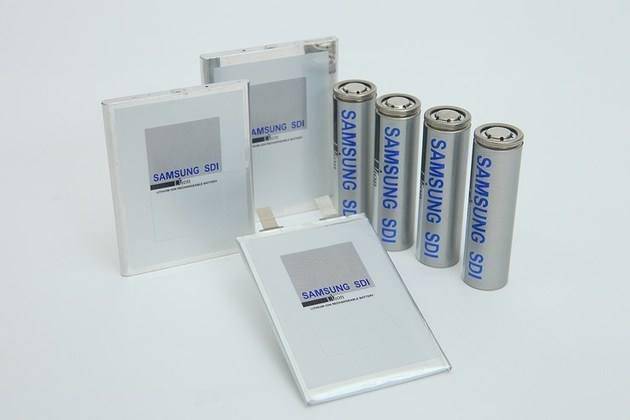
According to overseas media reports, Samsung SDI's 4080 cylindrical battery is expected to enter the trial production phase. Once the product specifications are finalized, the first batch of batteries will be manufactured in overseas factories. The company stated that they are accelerating the mass production progress of the new battery product to meet the market demand for high-performance batteries. If the new battery passes the testing phase and enters production, they will consider producing it in factories in Malaysia and Hungary.
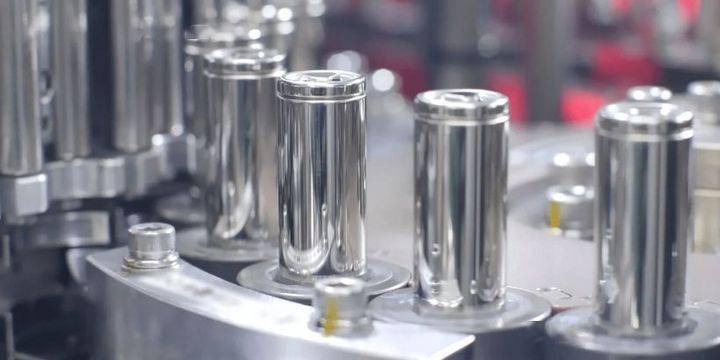
Samsung SDI's 4080 cylindrical battery has a diameter of 40mm and a height of 80mm, hence the name 4080 battery. It offers a significant improvement in energy density compared to the existing 21700 batteries and is easier to produce, which helps increase production capacity. However, specific performance parameters of the battery have not been disclosed by the company.
The 4080 battery, similar to Tesla and Panasonic's 4680 battery, highlights higher energy density and lower cost benefits. It has been reported that Tesla's 4680 battery will begin mass production in 2023, facing competition from Samsung SDI's 4080 battery. Samsung SDI has already signed a supply agreement with electric vehicle manufacturer Lucid, with the intention of providing the 4080 battery for use in Lucid's vehicles. This competitive relationship between the two pairs of companies, similar to Tesla and Panasonic, will create fierce competition in the market, both in terms of battery products and vehicle models.
Tesla has been actively promoting its 4680 large cylindrical battery, with the potential to become the next-generation battery and exert a significant influence on the industry. Many domestic battery companies have also joined the development of large cylindrical batteries. Companies such as CATL, EVE Energy, SVOLT, and Contemporary Amperex Technology (CATL) have been working on this technology, with CATL even approaching mass production of its 4680 battery series. With the recent exposure of large cylindrical battery products from overseas battery companies, the trend is becoming more evident. However, the era of the "large cylindrical" batteries may be delayed, and 2023 may be the year of intense market competition.



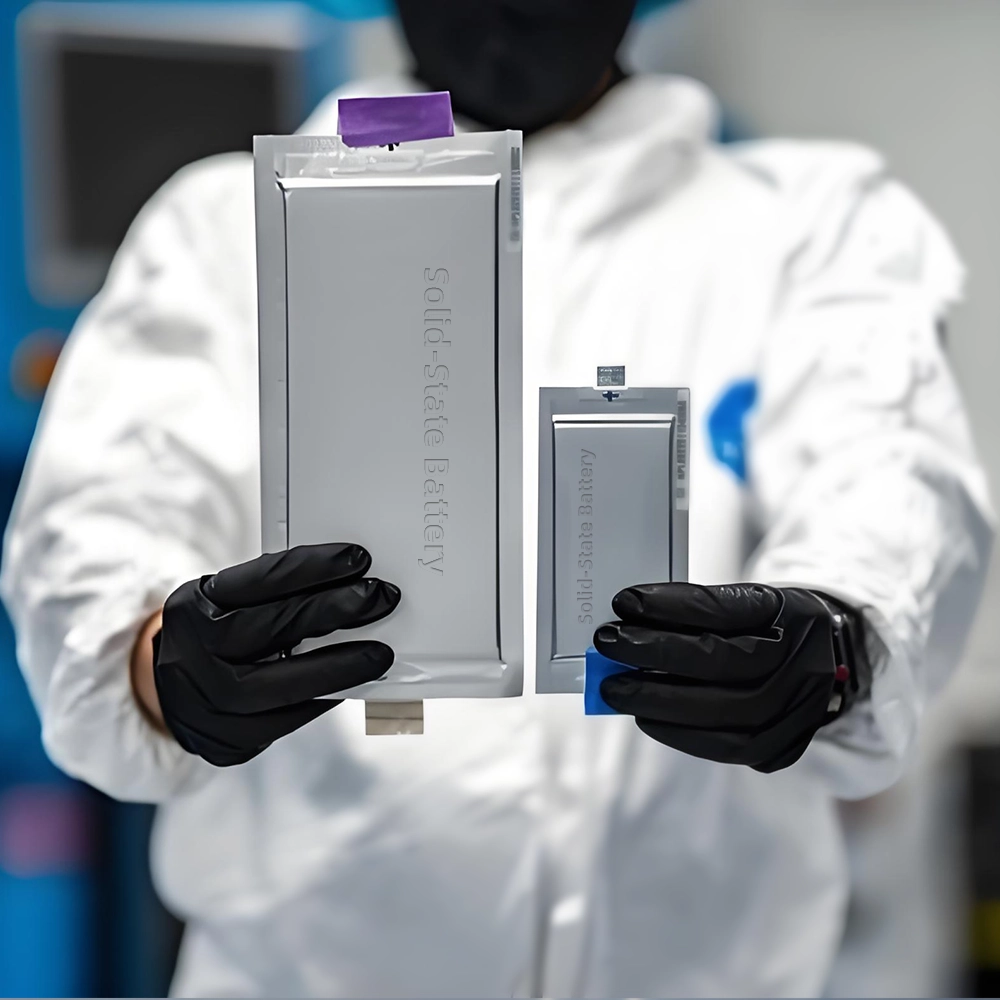
The lab focuses on solid-state battery research to overcome traditional lithium batteries' safety and energy density issues, supporting environmental sustainability. It develops innovative solid-state electrolytes, refines electrode materials, and investigates ion transfer and interface stability to revolutionize battery technology.
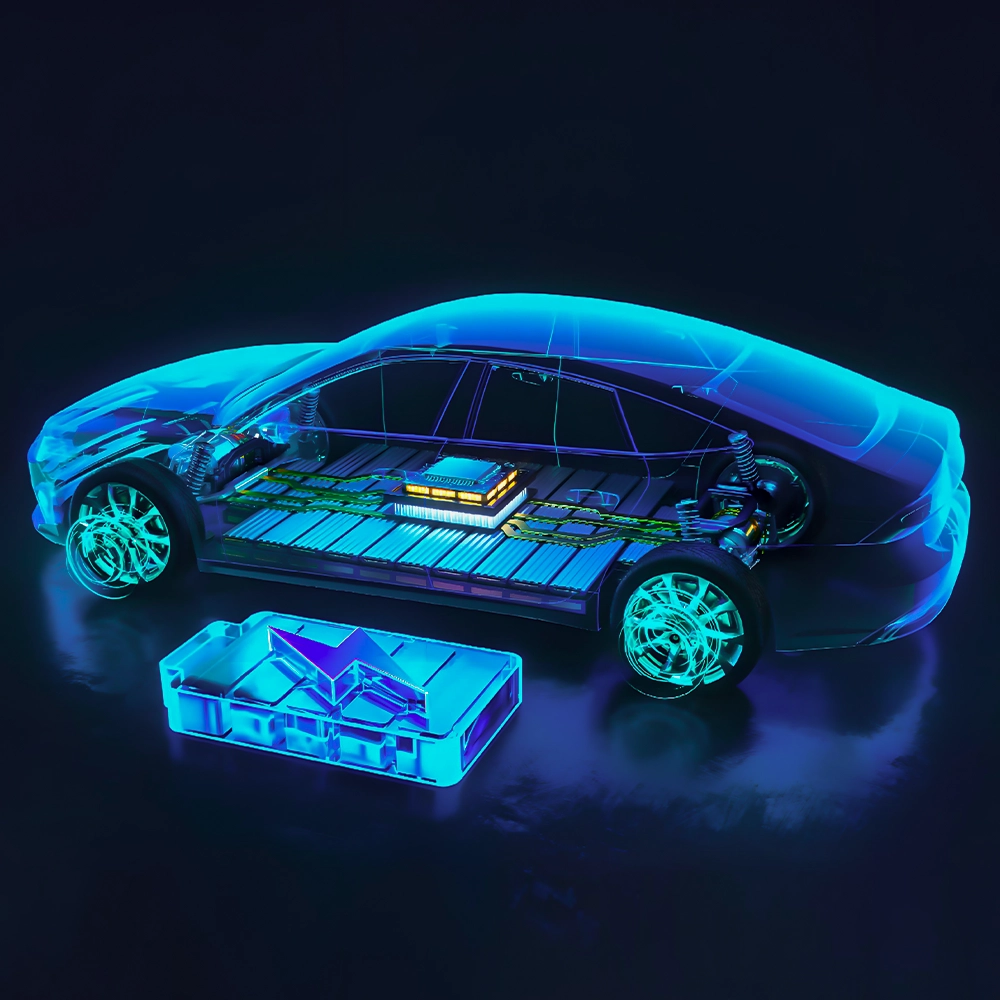
The electric vehicle battery industry is rapidly developing, focusing on technological innovation, market competition, and sustainability. Research hotspots include solid-state batteries, new types of electrolytes, BMS optimization, and recycling technologies. The environmental adaptability, safety, and economic viability of batteries are key research areas, and the industry is expected to undergo more innovation and transformation.
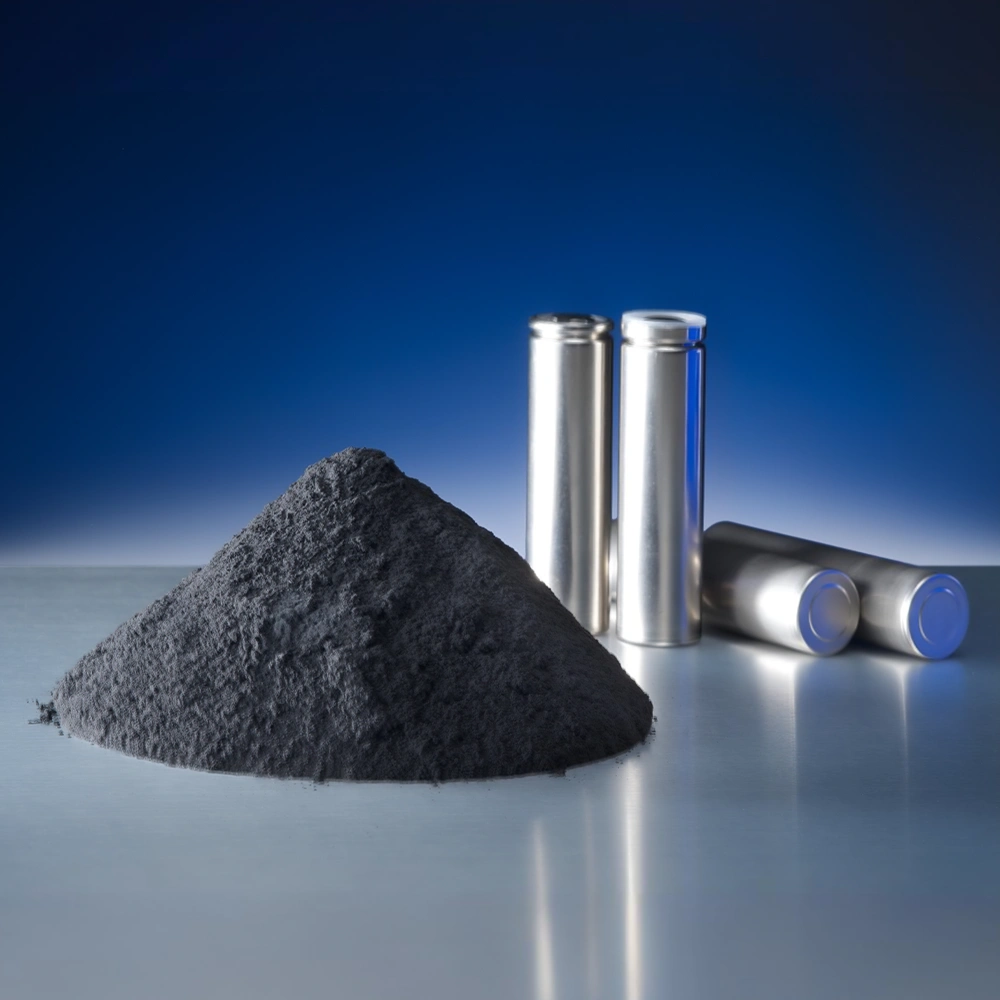
Specializing in battery preparation technology research, the focus is on overcoming existing energy storage challenges by innovating in electrode materials, battery chemistry, and manufacturing processes to improve performance, safety, and reduce costs. Sustainability and recycling technologies for batteries are also emphasized to mitigate environmental impacts and foster the growth of green energy.